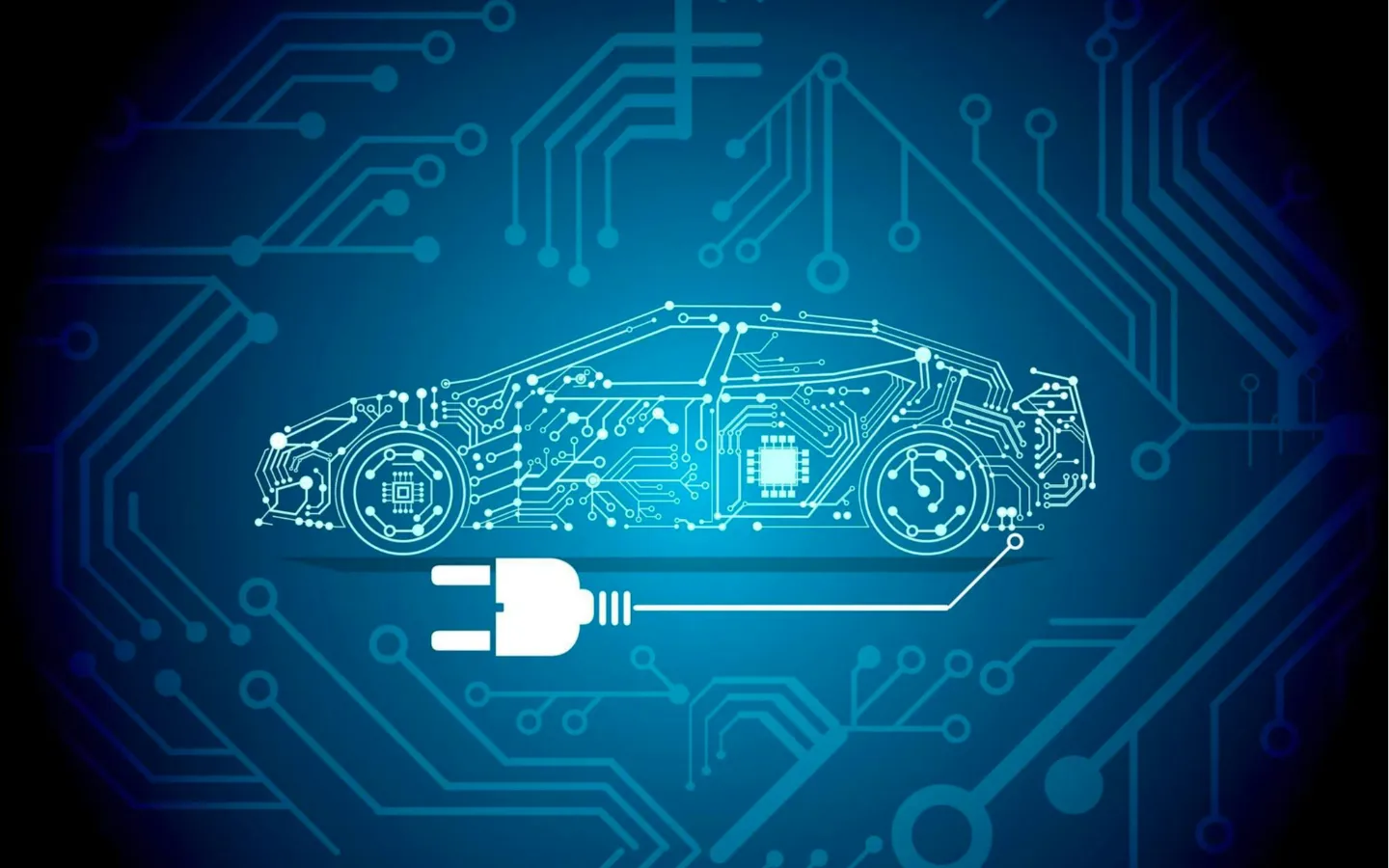Librec in the 20min newspaper
Battery of disused electric cars are a problem. In Germany, an innovative plant has now been put into operation in which batteries are recycled. Switzerland is also working on solutions.

That's why it works
-
More and more electric cars also mean: more and more old batteries.
-
The recycling of lithium-ion batteries is still in its infancy.
-
Now movement comes to the sector.
More and more people are relying on e-mobility. This is good news, because regardless of the emissions that arise in the production of electric cars, battery-operated vehicles are one of the main pillars for a sustainable future. One thing is clear: the climate goals formulated in Paris are not achieved with conventional engines.
More electric cars also mean more electric scrap. E-car batteries in particular are increasingly becoming a problem. Not only because you can't just throw them away. But also because the extraction of lithium can be problematic in terms of environmentally technology. A recycling of e-batteries-or their raw materials-makes sense. The efforts to recycle are correspondingly great. In Germany, an innovative system has now started in which batteries are shredded and raw materials are recycled.
Holistic recycling
In fact, with the commissioning of the hydrometallurgical process systems in the German Hilchenbach, a new method of recycling lithium-ion batteries is possible. The facility was built by the SMS Group with the Australian partner of Neometal. In the meantime she runs in test mode and shredded old lithium-ion batteries.
So far, these have mostly been melted down. However, this creates a lot of CO2, and not all battery emants are recovered. This should change with the system in Hilchenbach. With efficient procedures, all components of batteries should be recycled and reused, for example as cathode material. This should then be attributed to the supply chain of battery production.
The demonstration system consists of a shredder and processing plant and the hydrometallurgical process system. The Schredder brings the batteries into individual parts: plastic and iron are separated from the valuable raw materials. Copper, nickel, cobalt or lithium can be regained with a reaction with a liquid.
In addition, the system should offer the possibility to follow the recycling process directly. This allows companies to see which products can be obtained from their old battery material - and what possible uses. The system is currently in the test operation. From 2022 it should be available for commercial recycling.
Switzerland also recycled e-batteries
From 2024, the Swiss start-up Libec wants to recycle batteries from electric cars in a new recycling system in the canton of Solothurn. At least 90 percent of the raw materials are to be recovered with the system. In the first year, around 300 tons of batteries of around 1000 electric cars are to be recycled. Until in ten years, you hope for more than 3000 tons annually, as the company announces.
If e-mobility rises, you will have to think about a second investment location. Libec wants to finance the disposal system through a contribution when buying an e-vehicle-for example a franc per kilo of battery-and by selling the regained raw materials.

